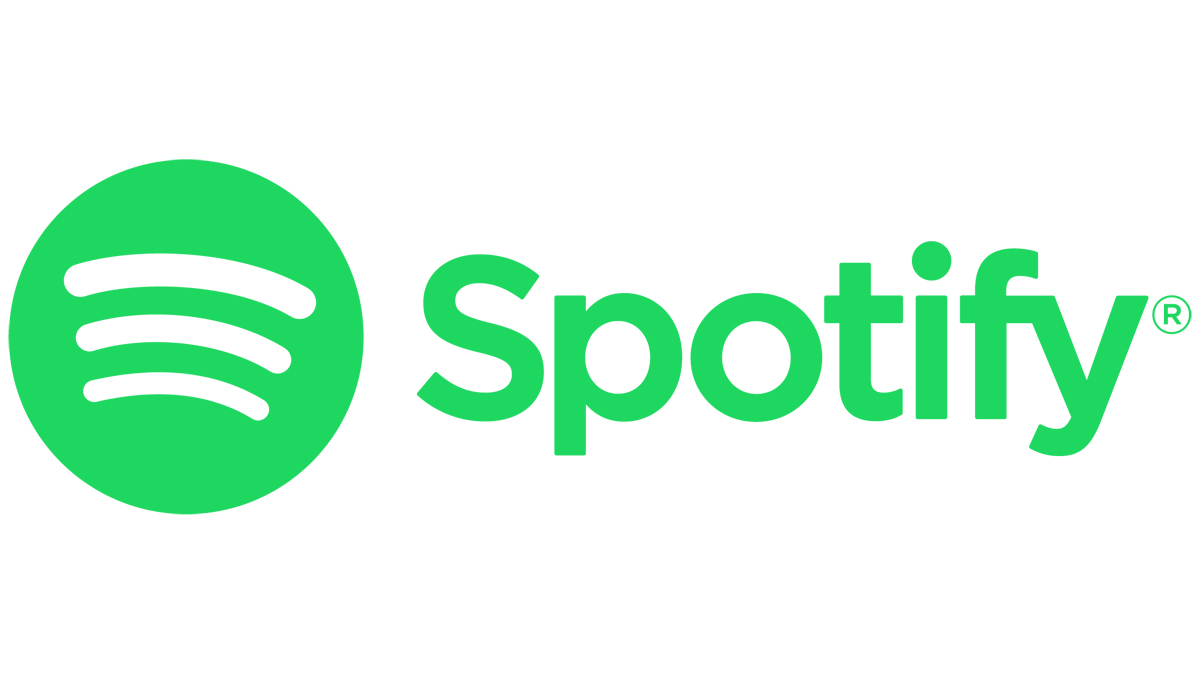Spotify could be working on an AI ‘plagiarism detector’ that tells you if your songs are original
Could this give you a definitive way of knowing?

For songwriters, the threat of plagiarism looms large, and can even see you ending up in court. Ideally, you want to be sure that your work is original before you release it, but how could that ever be possible?
If an application to the European Patent Office is to be believed - obtained by Music Business Worldwide - it seems that music streaming giant Spotify could be working on a solution. This details a plan for what’s described as a “plagiarism detector”, which could be used by tunesmiths to check that their songs haven’t been heard before.
The proposed system would be based on lead sheets - musical notation that displays the melodic, harmonic and lyrical content of a song. The idea is that, once a sheet is uploaded, it would be compared to a massive database of existing songs and any similarities flagged up.
It appears that the system would be able to isolate problematic elements - chord progressions, melodies, rhythmic elements etc - and determine the level of plagiarism in each of them. Users would then be able to change these parts in order to make their composition ‘safe’.
It’s also suggested that the system may offer links to similar material, so users can go and listen to it and make their own judgement. However, Spotify believes that its AI technology could be a more reliable guide than the human ear.
“When executed manually, plagiarism detection is usually performed by experts and lawyers,” says the application. “Manual detection of music plagiarism requires substantial effort, skill and excellent memory, and is generally known to be impractical.
“Software-assisted detection for text plagiarism on the other hand allows vast collections of documents to be compared to each other, making successful plagiarism detection much more likely.”
Want all the hottest music and gear news, reviews, deals, features and more, direct to your inbox? Sign up here.
It remains to be seen if this technology ever sees the light of day, but if it ever did become a standard by which music plagiarism is judged, it could have big implications for songwriters, and make the whole issue far less subjective than it is now.



I’m the Deputy Editor of MusicRadar, having worked on the site since its launch in 2007. I previously spent eight years working on our sister magazine, Computer Music. I’ve been playing the piano, gigging in bands and failing to finish tracks at home for more than 30 years, 24 of which I’ve also spent writing about music and the ever-changing technology used to make it.